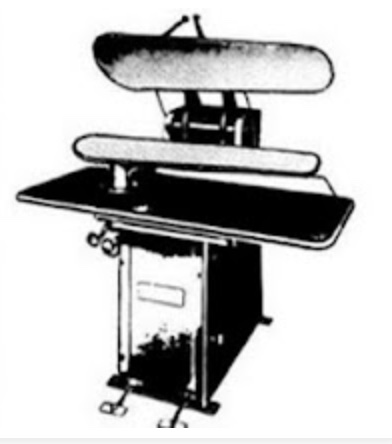Thomas Jennings
Thomas L. Jennings was likely the first Black person in the U.S. to receive a patent. In 1821, he was granted a patent for “dry scouring,” a method for cleaning clothes that preceded modern-day dry cleaning. Jennings is also renowned for being a leader in the civil rights and abolitionist movement in New York City.
Thomas L. Jennings was born on January 1, 1791 during a dark time in American history when the vast majority of Black people were slaves and owned as property. Luckily, Jennings was born to a free Black family in New York City. This awarded him the opportunity to learn a trade as a tailor and eventually operate his own tailoring business. Jennings was dissatisfied with traditional methods of cleaning clothing, which gave him the impetus to experiment with new techniques. His “dry scouring” method allowed clothing to get clean without damage from water soaking through the fibers.
In 1821, Jennings was granted a patent for his new cleaning method, likely becoming the first Black individual in the U.S. to receive a patent. Under the Patent Act of 1793, a person had to sign an oath declaring that he was a citizen of the U.S., therefore the patent recognized Jennings as a citizen which was a rare designation for a Black person at the time. The details of Jennings’ method and patent are unknown due to it being part of a group of approximately 10,000 “X-patents” issued by the U.S. Patent and Trade Office between 1790 and 1836, that were all lost to a fire in 1836 at a hotel in Washington, D.C., where the patent files were temporarily being stored.
Thomas Jennings used the proceeds from his invention and successful business to fight for the abolition of slavery. His wife, Elizabeth, was an indentured servant and he bought her freedom, in addition to the freedom of his children. Among his countless efforts to end slavery, Jennings was the founder of the Abyssinian Baptist Church in Harlem, assistant secretary for the First Annual Convention of the People of Color in Philadelphia in 1831, and a supporter of the Freedom’s Journal, the first Black-owned newspaper in the U.S. Jennings’ children went on to receive an education and they all became actively involved in the abolitionist movement themselves. Thomas Jennings passed away on February 11, 1859, six years shy of the ratification of the 13th Amendment that officially ended slavery in the U.S.


